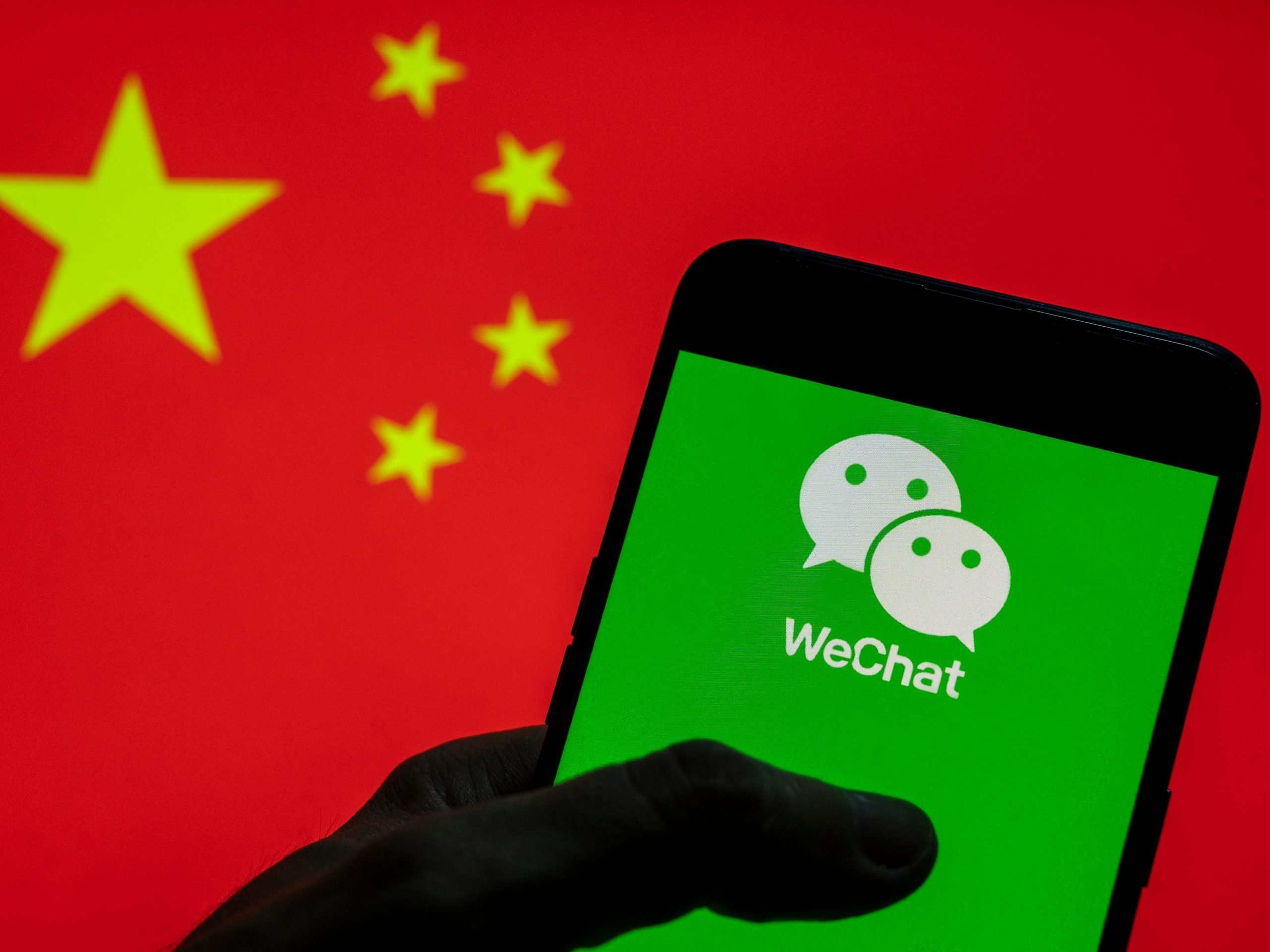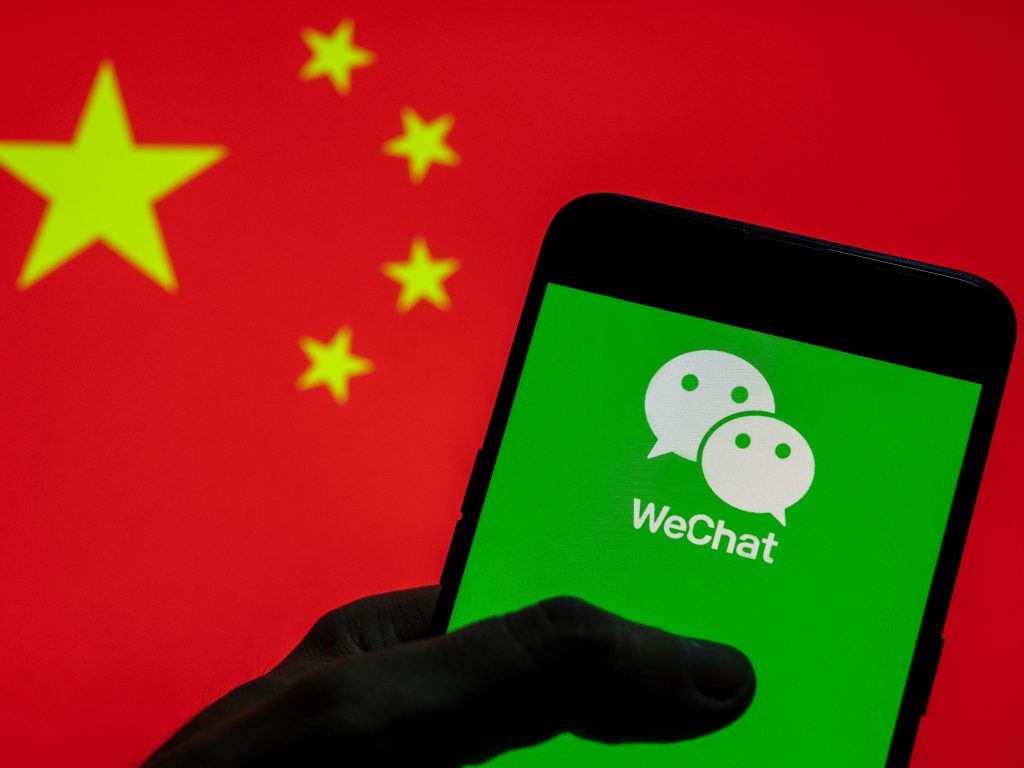
Budrul Chukrut/SOPA Images/LightRocket via Getty Images
- China's censors are silencing the country's gay rights movement by blocking access to online chat groups.
- Screenshots circulated on Weibo, the country's version of Twitter, showing a list of now-inaccessible accounts.
- The chat platforms were used as discussion groups for LGBTQ youth at the country's universities.
- Visit Insider's homepage for more stories.
China's censors have their eyes on a fresh target – the country's LGBTQ movement.
On July 7, at least ten chat groups run by university gay rights groups hosted on messaging app WeChat went dark and became completely inaccessible to members.
The Associated Press reported that WeChat sent account holders notifications that they violated community rules, but did not specify any further details.
Homosexuality was decriminalized in China in 1997. However, a Chinese court this year upheld a ruling that homosexuality can still be called a mental disorder in the country, proving that attitudes toward the LGBTQ community in China remain far from liberal.
At the time of reporting, Insider was unable to gain access to the WeChat accounts in question. However, Screenshots have circulated on the Chinese social media platform Weibo, the country's version of Twitter, showing the chat groups with their names replaced by "Unknown Chat Group."
A list of the chat groups that were taken offline on Wednesday was also posted on Weibo. In this list were college LGBTQ groups based in schools across the Chinese mainland, including communities at elite colleges like Tsinghua University in Beijing, and Fudan University in Shanghai.
WeChat's operator Tencent, Tsinghua, and Fudan, did not immediately respond to requests for comment from Insider.
CNN spoke to Cathy, 25, the moderator of a Beijing university's LGBTQ group that was around for six years and had 18,000 followers before being shut down. Cathy, who spoke to the news outlet under a pseudonym, told CNN that her group (which she did not name) saw the tone of LGBTQ-related conversations on campus change over the years. The group was forced to scale back on activities and keep their gatherings limited to private settings.
"In recent years, our goal is to simply survive, to continue to be able to serve LGBTQ students and provide them with warmth. We basically don't engage in any radical advocating anymore," Cathy told CNN.
Reuters spoke to another manager of a deleted chat group, who also declined to be identified.
"They censored us without any warning. All of us have been wiped out," the chat group manager told Reuters.
"Feeling really depressed and powerless after what happened to the LGBT accounts. What's going to happen next? Are they going to fine people for being single? Are they going to make women wear face veils when they go outside? Are we sure we aren't regressing as a society?" said one Weibo poster with the ID "a-nyan" in a post on Wednesday.
"These chat groups gave a lot of people a sense of community, particularly those who've just realized they might be gay and need support. We gathered together in the community, tried to understand each other, and gave comfort to people when it was needed. It felt like a family," posted a Weibo user with the ID JiZhiNvHai. "I'm saddened, and disappointed."
While the takedown of the chat groups may have been sudden and unexpected, a gradual censorship clampdown might not come as much of a surprise to the Chinese LGBTQ community.
It was reported in February this year that the Cyberspace Administration of China would impose new rules on self-publishers, including those who write about the LGBTQ community, Shanghai Pride, was also canceled in 2020 after 11 years.
